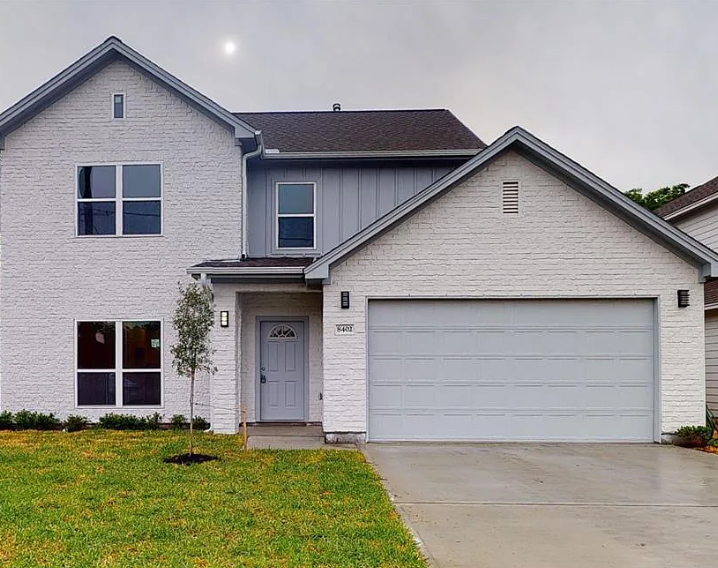Introduction: The decision between renting and buying a home is a significant consideration that depends on various factors, including financial circumstances, lifestyle preferences, and long-term goals. Both options offer distinct advantages and disadvantages, and it’s essential to carefully evaluate them before making a decision. In this blog post, we’ll explore the pros and cons of renting and buying a home to help you make an informed choice.
Renting:
Pros of Renting:
- Flexibility: Renting provides more flexibility in terms of living arrangements. You have the freedom to move when the lease expires, allowing for greater adaptability to changing circumstances such as job relocations or life transitions.
- Limited Financial Responsibility: Renters typically have fewer financial obligations compared to homeowners. Landlords are responsible for property maintenance, repairs, and some utility expenses, relieving tenants of these costs and responsibilities.
- Lower Upfront Costs: Renting requires lower upfront costs compared to buying a home. Renters typically pay a security deposit and possibly a few months’ rent in advance, while homeowners face upfront expenses such as down payments, closing costs, and home inspections.
Cons of Renting:
- Lack of Equity Building: Renting does not offer the opportunity to build equity. Monthly rent payments go towards the landlord’s investment rather than building wealth through homeownership.
- Limited Control and Customization: Renters have limited control over the property. They must adhere to landlord rules, may face restrictions on customization or pet ownership, and must seek permission for any major modifications.
- Rent Increases: Renters may face rent increases at the end of their lease term or when negotiating a new lease. These increases can impact long-term affordability and financial planning.
Buying:
Pros of Buying:
- Building Equity: Homeownership allows you to build equity over time as you make mortgage payments. As property values appreciate, your investment can grow, providing a valuable asset and potential long-term wealth accumulation.
- Stability and Security: Owning a home offers stability and security. You have control over your living environment, the freedom to customize your space, and the ability to establish roots in a community.
- Tax Benefits: Homeowners may benefit from tax deductions on mortgage interest, property taxes, and certain home-related expenses, providing potential tax savings.
Cons of Buying:
- Financial Commitment: Buying a home is a significant financial commitment. It requires a substantial down payment, monthly mortgage payments, property taxes, insurance, and ongoing maintenance costs. It’s important to ensure you can comfortably afford these expenses.
- Limited Flexibility: Homeownership limits your flexibility compared to renting. Selling a home and moving can be a time-consuming and costly process, making it less adaptable to changing circumstances.
- Maintenance and Repairs: As a homeowner, you are responsible for all maintenance and repair costs. This includes unforeseen expenses for repairs and the ongoing upkeep of the property.
Conclusion: Renting and buying a home each come with their own set of advantages and disadvantages. Renting offers flexibility and lower upfront costs but lacks the opportunity to build equity. Buying a home provides stability, equity building, and potential tax benefits, but comes with a larger financial commitment and reduced flexibility. Consider your financial situation, long-term goals, and lifestyle preferences to make the decision that best aligns with your needs. Consulting with a real estate professional and financial advisor can provide valuable guidance in making this important choice.
